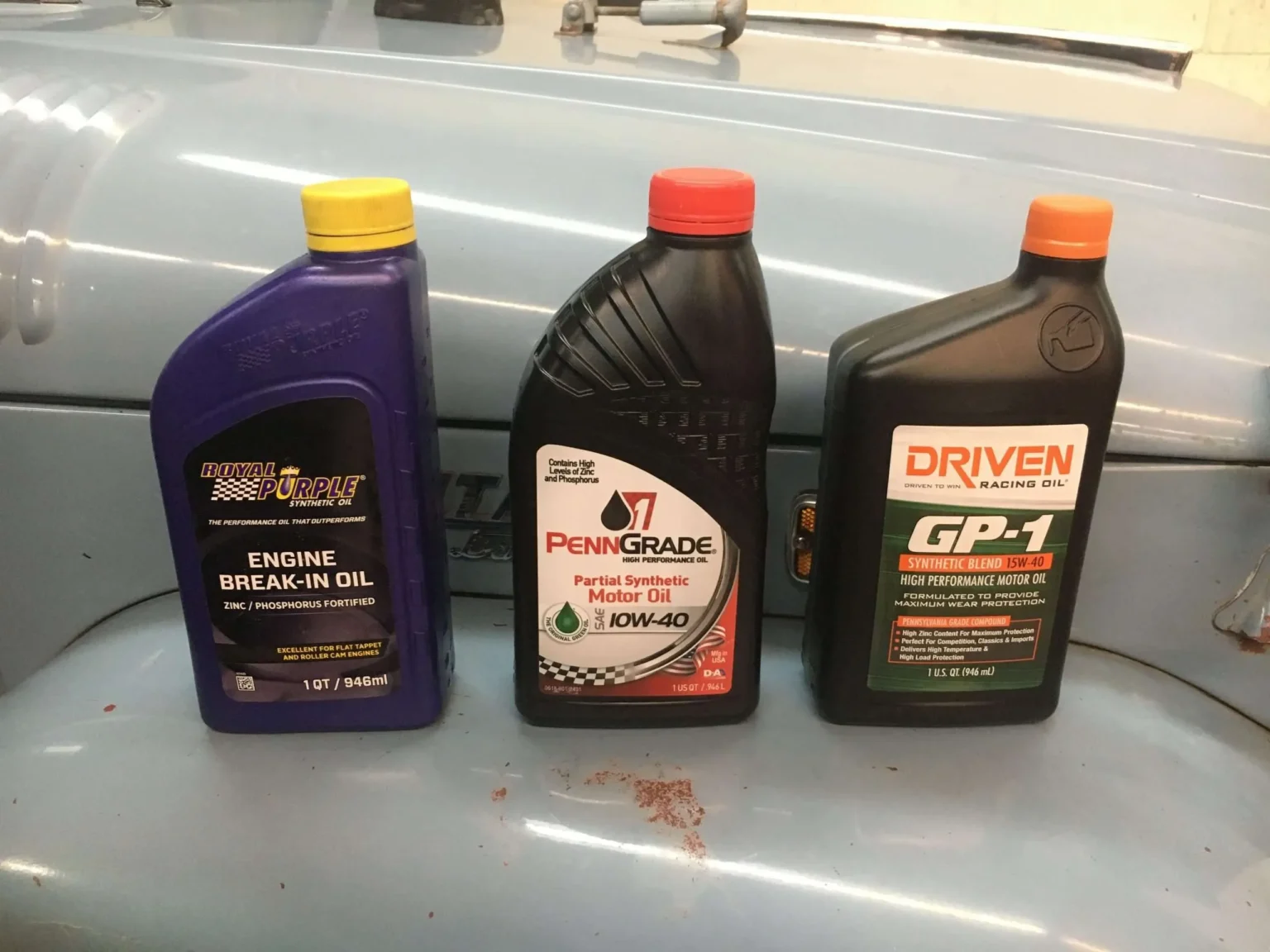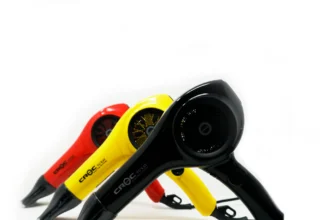The Toyota Land Cruiser has long been celebrated for its rugged durability, off-road prowess, and long-term reliability. With the release of the 2025 Toyota Land Cruiser, Toyota continues to refine this iconic SUV, blending modern features with the legendary performance drivers expect. One key to maintaining the Land Cruiser’s performance and longevity lies in routine maintenance, particularly the engine oil you choose. Engine oil isn’t just a basic lubricant; it plays a crucial role in protecting the engine’s internal components, reducing wear, and ensuring optimal performance under various driving conditions. In this guide, we’ll explore the best engine oil recommendations for the Toyota Land Cruiser, including viscosity grades, oil types, maintenance intervals, and special considerations for the newest model.
Understanding the Importance of Engine Oil
Before diving into specific recommendations, it’s essential to understand why engine oil is so critical for vehicles like the Land Cruiser. Engine oil lubricates moving parts, reduces friction, helps manage heat, and captures contaminants that can damage the engine. Over time, oil degrades due to heat, pressure, and exposure to contaminants, making regular oil changes vital to prevent premature engine wear.
The Toyota Land Cruiser, especially the latest model equipped with modern turbocharged engines and hybrid technologies, demands high-quality oil to support performance in varied conditions—from urban commutes to remote off-road adventures.
Recommended Oil Type for Toyota Land Cruiser
Toyota provides specific guidelines on the type of engine oil to use, based on the engine configuration and operating environment.
Synthetic vs. Conventional Oil
For modern Toyota Land Cruiser models, full synthetic oil is highly recommended. Synthetic oil offers superior thermal stability, reduced volatility, and better protection at both high and low temperatures. It’s particularly beneficial for turbocharged engines or those frequently used in extreme climates or rugged terrains.
Conventional oil may still be acceptable for older Land Cruiser models, but Toyota and most technicians recommend upgrading to synthetic, especially for vehicles driven under heavy loads or in harsh conditions.
API and ILSAC Ratings
When selecting oil, look for products that meet or exceed API SP and ILSAC GF-6 standards. These certifications ensure the oil meets stringent requirements for engine cleanliness, fuel economy, and protection against wear and deposits.
Best Viscosity Grades for Land Cruiser Engines
Viscosity refers to the oil’s resistance to flow and is typically denoted by a combination of numbers and a letter, such as 0W-20 or 5W-30. Choosing the right viscosity is essential for protecting your engine under different operating temperatures.
0W-20
This is the most commonly recommended oil viscosity for recent Toyota Land Cruiser models. 0W-20 oil performs well in cold starts and offers excellent lubrication in both low and high temperatures. It’s particularly suited for improving fuel efficiency and reducing engine drag.
5W-30
While not the default recommendation, 5W-30 may be suitable for older Land Cruiser models or in areas where high temperatures and demanding terrain are frequent. This oil provides slightly better high-temperature protection but may slightly reduce fuel economy compared to 0W-20.
Regional Adjustments
In extremely cold environments, 0W-20 or even 0W-16 can provide quicker lubrication on startup. Conversely, in hot, arid regions where engines are under more thermal stress, a heavier oil like 5W-30 may offer better long-term protection.
Oil Change Intervals and Maintenance Schedule
Knowing when to change the oil is just as important as choosing the right type. Adhering to a regular maintenance schedule ensures the engine remains clean, lubricated, and protected.
Standard Oil Change Intervals
Toyota typically recommends oil changes every 10,000 miles or 12 months when using full synthetic oil, whichever comes first. However, these intervals may vary based on driving habits and conditions.
Severe Driving Conditions
If you frequently drive in dusty environments, tow heavy loads, or take your Land Cruiser off-road, it’s best to change the oil more frequently—around every 5,000 to 7,500 miles. These conditions accelerate oil degradation and increase the risk of engine wear if maintenance is delayed.
Monitoring Oil Levels
It’s good practice to check oil levels monthly or before any long trips. Even modern engines can consume oil under heavy use, and catching a low oil level early can prevent major damage.
Oil Filter Recommendations
Changing the oil filter during every oil change is crucial to ensure contaminants are effectively removed from the oil system.
OEM vs. Aftermarket Filters
Using Toyota OEM (Original Equipment Manufacturer) oil filters is highly recommended. These filters are specifically designed to meet the engine’s needs and maintain optimal oil flow and filtration.
That said, premium aftermarket brands like Mobil 1, Bosch, or K&N can also offer high filtration efficiency. Always ensure that the filter meets or exceeds the OEM specifications in terms of flow rate and filtering capacity.
Choosing the Right Oil Brand
With numerous engine oil brands on the market, selecting a trusted and proven product is essential for a vehicle like the Land Cruiser.
Top Recommended Brands
- Mobil 1: Offers excellent synthetic oils with extended performance and wear protection.
- Castrol EDGE: Known for strong thermal stability and performance under pressure.
- Toyota Genuine Motor Oil: Designed specifically for Toyota engines, providing compatibility and reliability.
- Valvoline Advanced: A good all-around synthetic oil with solid performance and cleaning agents.
While brand loyalty can vary, consistency in oil quality and adherence to Toyota’s specifications should be your top priorities.
Special Considerations for High-Mileage or Older Land Cruisers
If you’re driving an older Land Cruiser with over 100,000 miles or a classic model, oil needs may differ from newer versions.
High-Mileage Oils
These specialized synthetic blends include seal conditioners and extra detergents to help reduce oil leaks and protect aging engine components. They’re typically available in 5W-30 or 10W-30 viscosities, depending on the engine’s condition and climate.
Engine Inspections
Older engines may require more frequent oil changes due to increased oil consumption or blow-by. Regular inspections and compression tests can help determine whether engine wear is impacting oil performance.
Off-Road and Towing Considerations
Many Land Cruiser owners use their vehicle for heavy-duty tasks like towing or off-road adventures. These demanding conditions place extra strain on the engine and oil system.
Enhanced Oil Requirements
For frequent towing or off-roading, synthetic oils with strong high-temperature resistance and oxidation control are essential. Look for oils with high Total Base Number (TBN) ratings and advanced anti-wear additives to ensure consistent protection.
Transmission and Differential Fluids
In addition to engine oil, off-roaders and towers should also monitor the condition of transmission fluid, differential oil, and transfer case lubricants—especially after water crossings or intense driving.
Environmental and Fuel Economy Impacts
Using the correct engine oil not only protects the engine but also affects your vehicle’s environmental footprint and fuel economy.
Fuel Efficiency
Low-viscosity oils like 0W-20 are formulated to reduce friction and improve fuel efficiency, contributing to overall economy ratings.
Emissions Control
Modern engine oils also include detergents and additives that help keep the emissions system clean. Clean-burning oil prevents deposits in the combustion chamber and reduces the load on catalytic converters.
Conclusion
The engine oil you choose plays a critical role in maintaining the performance, efficiency, and durability of your Toyota Land Cruiser. Whether you’re driving the latest model or a trusted older version, selecting the right oil type, viscosity, and brand is essential. Full synthetic oils, particularly those meeting 0W-20 specifications, offer the best balance of protection and fuel economy for modern engines. Always follow Toyota’s maintenance guidelines, adjust intervals based on driving conditions, and use quality filters to keep your engine in top condition. By paying close attention to your Land Cruiser’s lubrication needs, you’ll ensure it remains a reliable companion for many miles on and off the road.

















